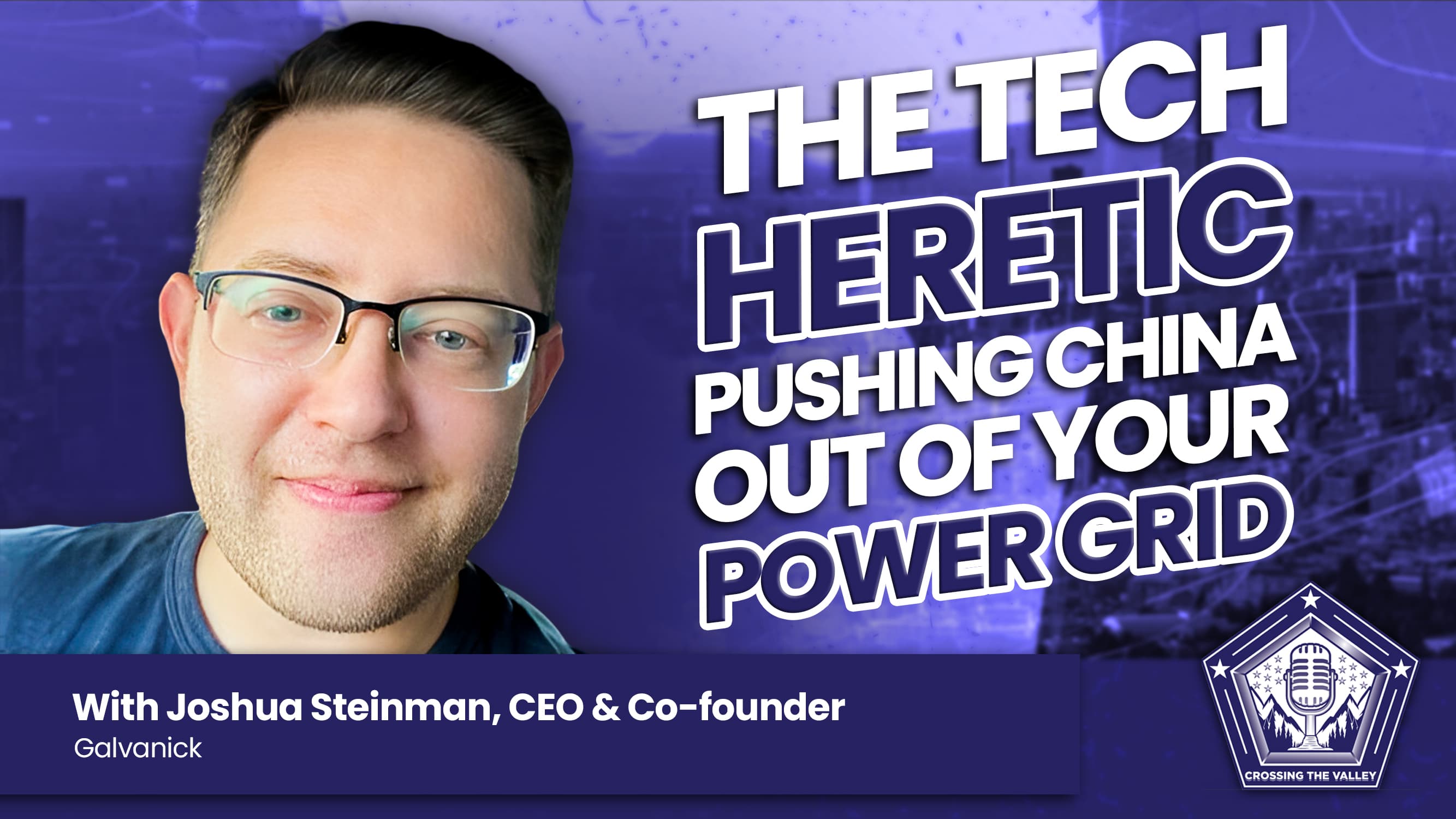Chinese State-Sponsored Hackers Compromise Over Million U.S. Telecom Users, Including High-Value Figures

Washington, D.C. – Joshua Steinman, former Senior Director for Cyber on the National Security Council, recently asserted that certain actions are undertaken "to prevent your own elites from exposing the fact that they’ve been bought off by a communist nation." Steinman, a prominent voice on cybersecurity and national security, made the statement on social media, drawing attention to ongoing concerns about foreign influence and digital espionage targeting American figures. His remarks follow recent revelations and discussions regarding state-sponsored cyber activities.
Steinman's tweet aligns with his consistent public warnings about the vulnerabilities of U.S. critical infrastructure and the pervasive threat of foreign adversaries, particularly China. During an April 2, 2025, congressional hearing on "Salt Typhoon," a Chinese state-sponsored hacking group, Steinman testified about the extensive compromise of U.S. telecommunications networks. This operation reportedly intercepted real-time calls and messaging data from over a million users, specifically targeting high-value government and political figures.
The "Salt Typhoon" breach, described by some as one of the most severe telecom hacks in U.S. history, allowed the Chinese state-sponsored group, with direct ties to the Chinese Communist Party's intelligence apparatus, to maintain undetected access for up to 18 months. This incident underscores the persistent efforts by foreign powers to gather intelligence and potentially exert influence over American "elites" through digital means. Steinman, now CEO of the industrial cybersecurity firm Galvanick, emphasized in his testimony that such state-sponsored activities are a deliberate and strategic maneuver to undermine national sovereignty.
Experts, including Steinman, have long highlighted that the digital infrastructure supporting crucial sectors like telecommunications was not built with a "wartime footing," leaving it susceptible to sophisticated foreign actors. The congressional hearing also touched upon the broader context of cyber threats from nations like China, Russia, Iran, and North Korea, and the challenges of securing sensitive communications. The ongoing debate centers on how to fortify defenses, invest in advanced cybersecurity technology, and implement proactive policies to counter these relentless threats.
The implications of such compromises extend beyond data theft, raising serious questions about national security and the integrity of democratic processes. Steinman has previously advocated for aggressive measures, including tariffs and re-industrialization, to reduce reliance on nations that could embed malicious tools in technology supply chains. The "Salt Typhoon" incident serves as a stark reminder of the urgent need for a unified cybersecurity strategy and robust accountability for foreign state actors engaged in espionage against the United States.